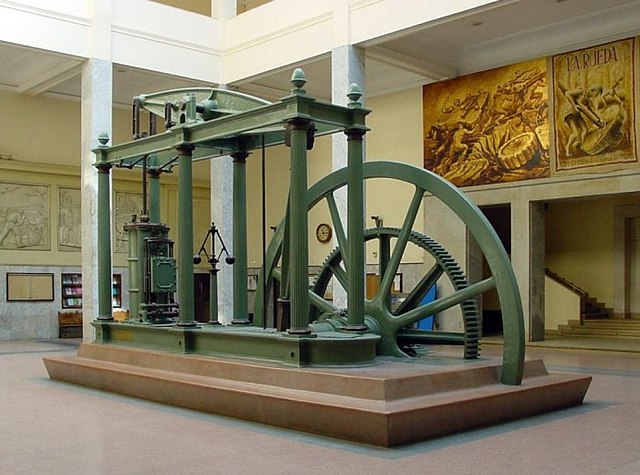Fordism is an industrial engineering and manufacturing system that serves as the basis of modern social and labor-economic systems that support industrialized, standardized mass production and mass consumption. The concept is named after Henry Ford. It is used in social, economic, and management theory about production, working conditions, consumption, and related phenomena, especially regarding the 20th century. It describes an ideology of advanced capitalism centered around the American socioeconomic systems in place in the post-war economic boom.
Ford cars (Model A shown) became a symbol of effective mass production. Efficiency both decreased the price of the cars and allowed Ford to increase his workers' wages. Hence, common workers could buy their own cars.
Information technology, white-collar work, and specialization are some of the attributes of post-Fordism.
Industrial engineering is an engineering profession that is concerned with the optimization of complex processes, systems, or organizations by developing, improving and implementing integrated systems of people, money, knowledge, information and equipment. Industrial engineering is central to manufacturing operations.
Industrial engineers in a factory
Watt's steam engine (Technical University of Madrid)




